Asha Motwani claims role in Trump’s H1-B shift
Motwani argued that the diaspora has a strategic role to play in shaping US–India relations and urged more wealthy Indian Americans to engage in lobbying efforts.
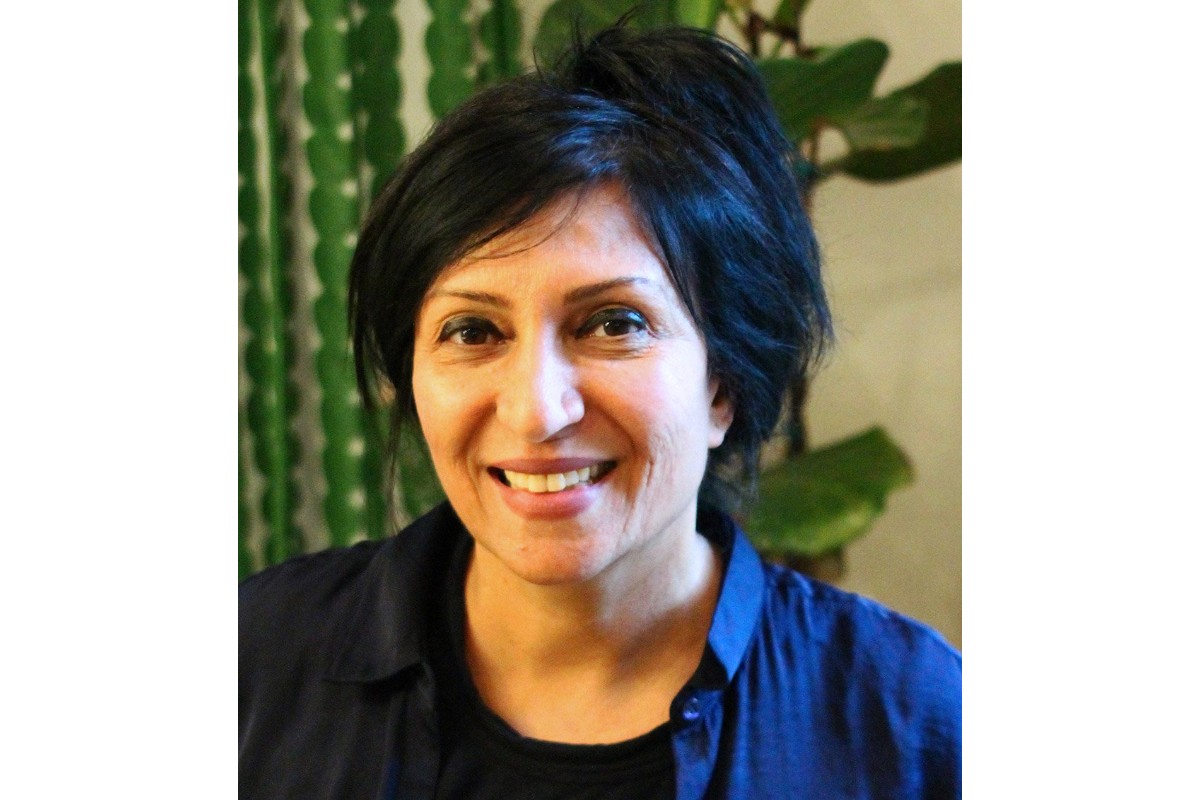 Asha Jadeja Motwani / Indiaspora
Asha Jadeja Motwani / Indiaspora
Prominent Indian-American venture capitalist and GOP donor Asha Jadeja Motwani claimed that her year-long advocacy in Washington D.C. helped prompt President Donald Trump to soften his stance on the H-1B visa program.
Her comments came after Trump said in a recent Fox News interview that the US “needs certain types of talent,” remarks that triggered anger within sections of his MAGA base who viewed it as a departure from his earlier hard line.
Also Read: Asha Motwani calls for stronger India lobby in Washington
In posts on X, Motwani said she had spoken directly with Trump and Vice President JD Vance about how tighter visa rules would once have prevented people like her and her late husband—Stanford computer scientist Rajeev Motwani—from coming to the United States.
“I have spoken to both JD Vance and President Trump about the fact that people like #RajeevMotwani and I would not have come easily into the US if the current H1B drama had been playing out in the 1980s,” she wrote.
President Trump‘s U-turn on H1B visas drew a lot of ire from the MAGA crowd when he gave that interview on Laura Ingraham show of Fox News. But he is sticking with his guns and is openly speaking about the value of bringing in top talent from across the world on H1B.… pic.twitter.com/xsHmonVSRU
— Asha Jadeja Motwani (@ashajadeja325) November 16, 2025
Motwani described the administration as open to fresh ideas and accessible to diaspora voices. She said she spent last weekend at Trump’s Mar-a-Lago residence in Palm Beach and gained “unusual access to the president with very little effort,” calling it proof that engagement with the administration “is easy and very, very doable.”
She also criticized high-net-worth Indian-Americans for not engaging with Washington on issues affecting India and the diaspora.
“Almost one year into batting for India in Washington DC, I am truly shocked that there is not a single other HNI Indian American helping India in DC,” she wrote, adding that many wealthy Indian-Americans avoid the administration because “they know only the Democrats.”
Motwani argued that the diaspora has a strategic role to play in shaping US–India relations. “It is in American geopolitical and economic interest that India is in the American pocket and not with anybody else. We in the diaspora can make this happen and we must put in our effort,” she said.
The H-1B programme has become a central point in US immigration and economic policy. India remains the largest beneficiary, accounting for about 71 percent of approvals in 2024.
In September 2025, the US administration announced a steep increase in the H-1B application fee to US $100,000 for new filings. The move prompted concerns from the Indian government about “humanitarian consequences” for families and led Indian IT companies to reassess staffing models amid rising uncertainty for prospective visa holders.
ADVERTISEMENT
ADVERTISEMENT
E Paper
Video



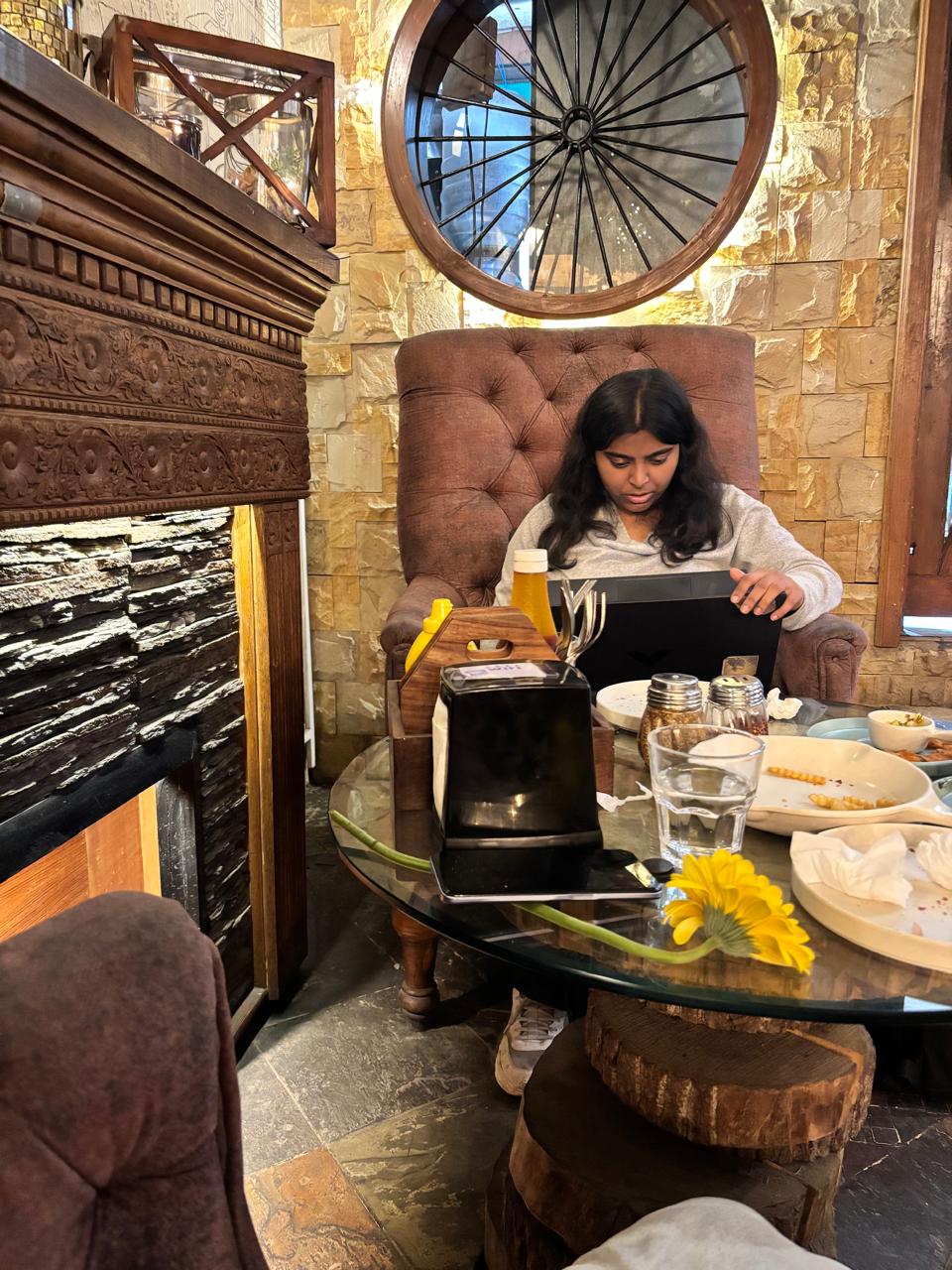 Malvika Choudhary
Malvika Choudhary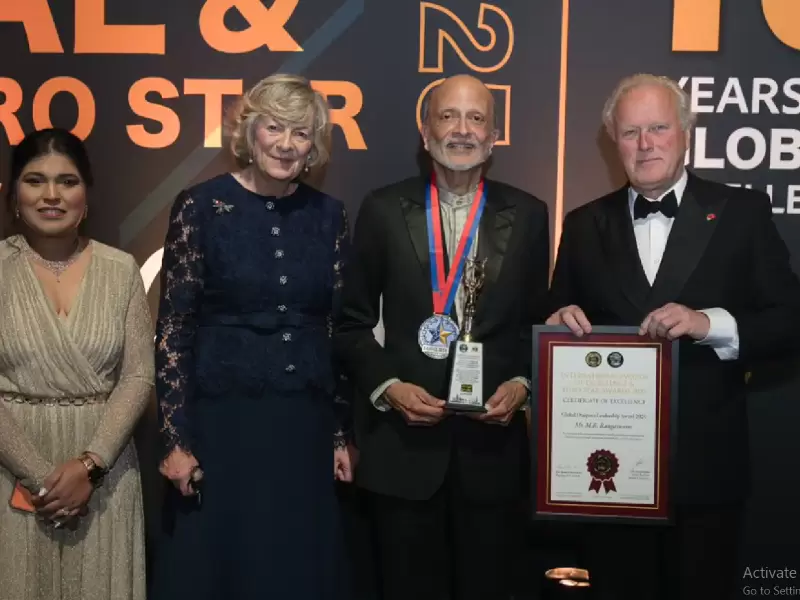


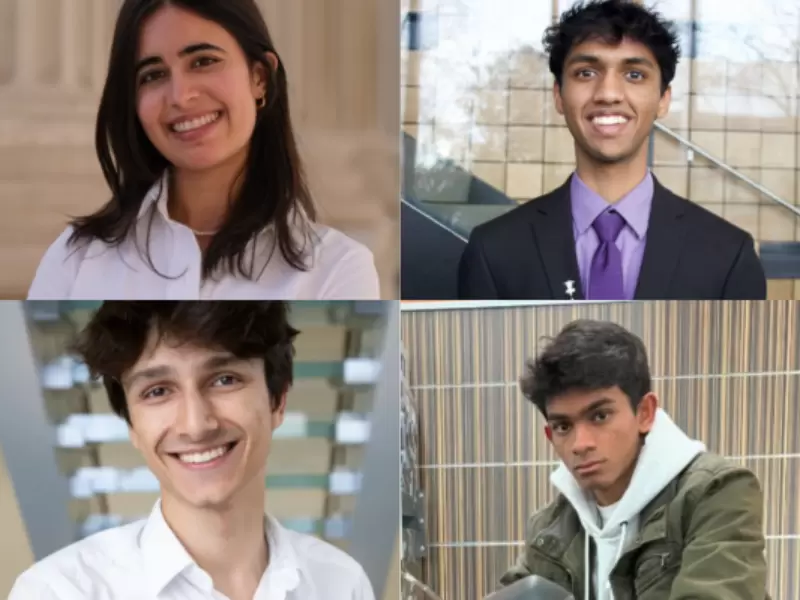

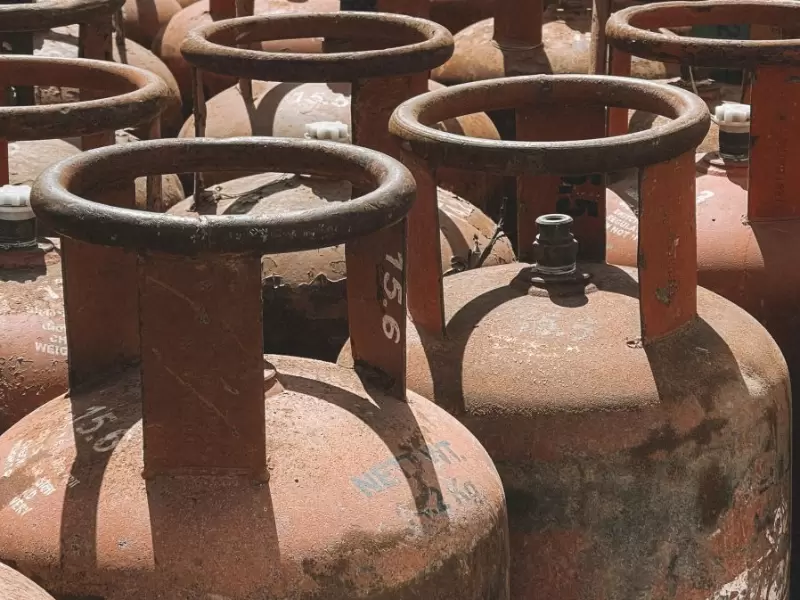
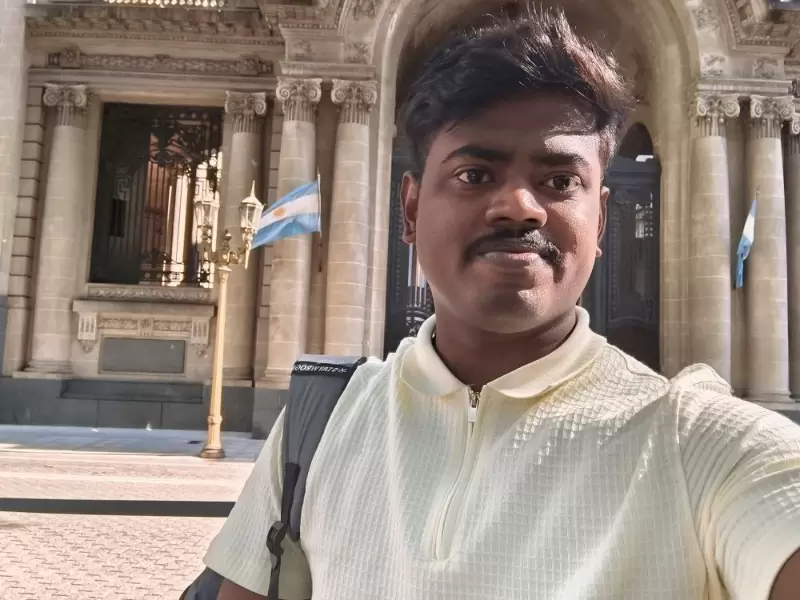
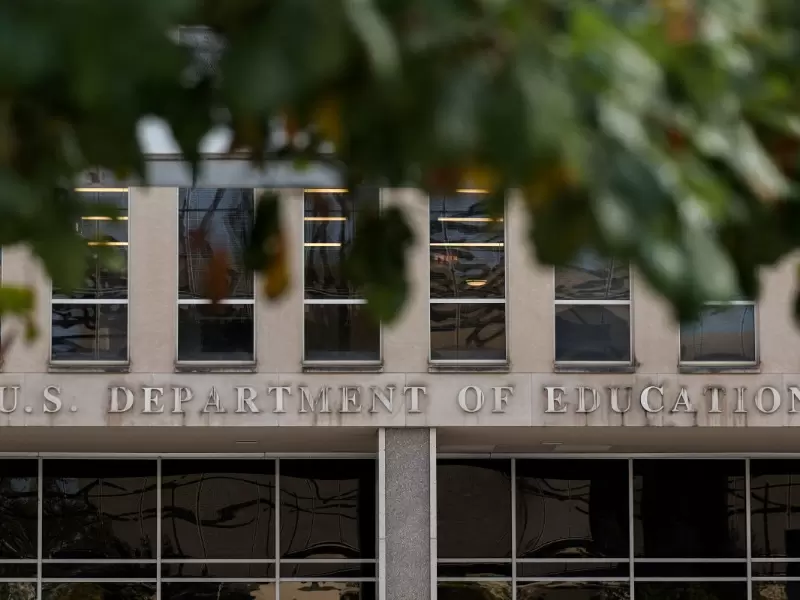
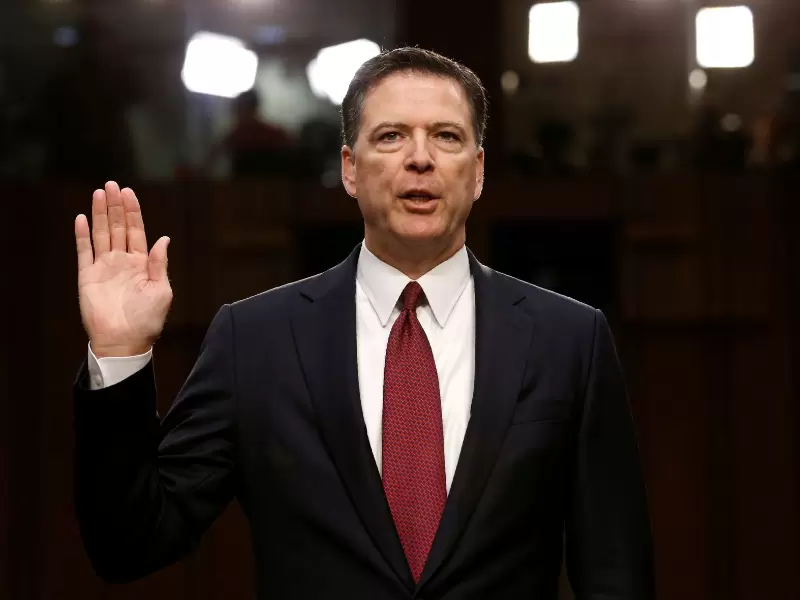
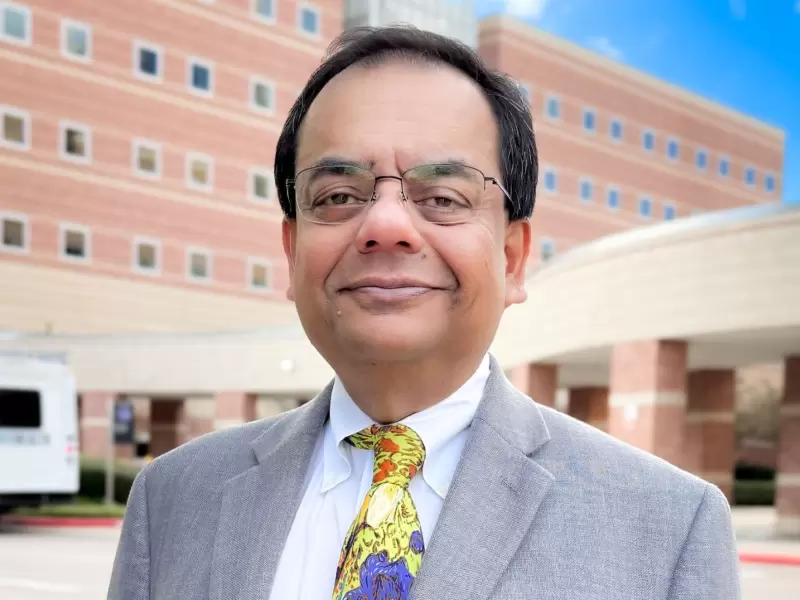
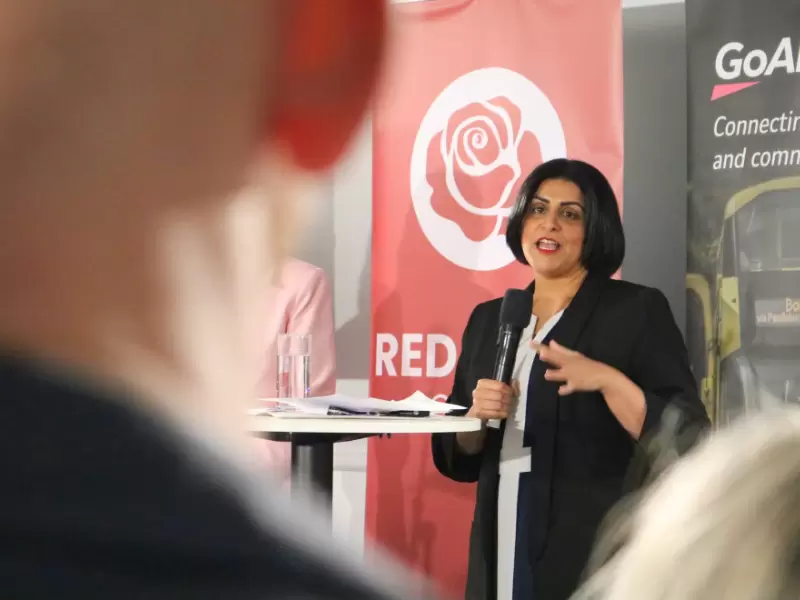

Comments
Start the conversation
Become a member of New India Abroad to start commenting.
Sign Up Now
Already have an account? Login